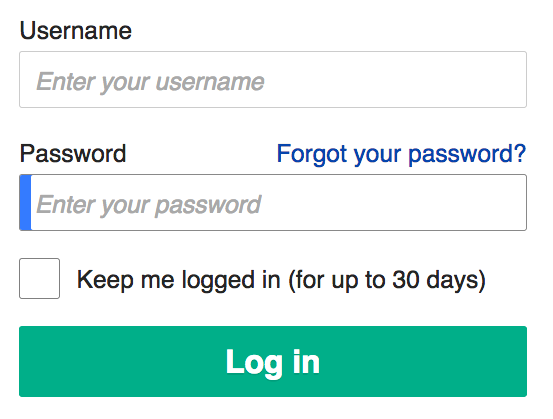
As library people, we – of course – do not want book thieves around. The library staffers in this article stepped up and did some good detective work to help catch one! James Richard Shinn was targeting rare and valuable books in academic libraries, stealing them and reselling them for a good profit.
Boooooo!!! We officially oppose this behavior!!
Are you ready to point out Shinn to the cops if he comes to your library?
Check out this article for all the details!
“On the evening of December 7, 1981, Dianne Melnychuk, serials librarian at the Haas Library at Muhlenberg College in Allentown, Pennsylvania, noticed an unfamiliar gray-haired man of early middle age lingering around the card catalog near her desk. He had attempted to appear inconspicuous by way of nondescript, almost slovenly dress, but at almost six-and-a-half feet tall, with a 225-pound frame, he stood out.
Something about him rang a bell. Melnychuk discreetly followed him up to the sixth level of the stacks, and carefully observed him from the end of a row of shelving. In spite of the glasses he wore that evening, his face clicked in her memory.
A few months earlier, a photo of this man, who went by the name James Richard Shinn, had appeared in an article published in Library Journal. Patricia Sacks, director of the Muhlenberg and Cedar Crest College Libraries, had shared the article with her staff with an accompanying memo: “Take a good look at the face,” she wrote, “and, more importantly, keep your eye on strangers whose behavior may be a tipoff.”



